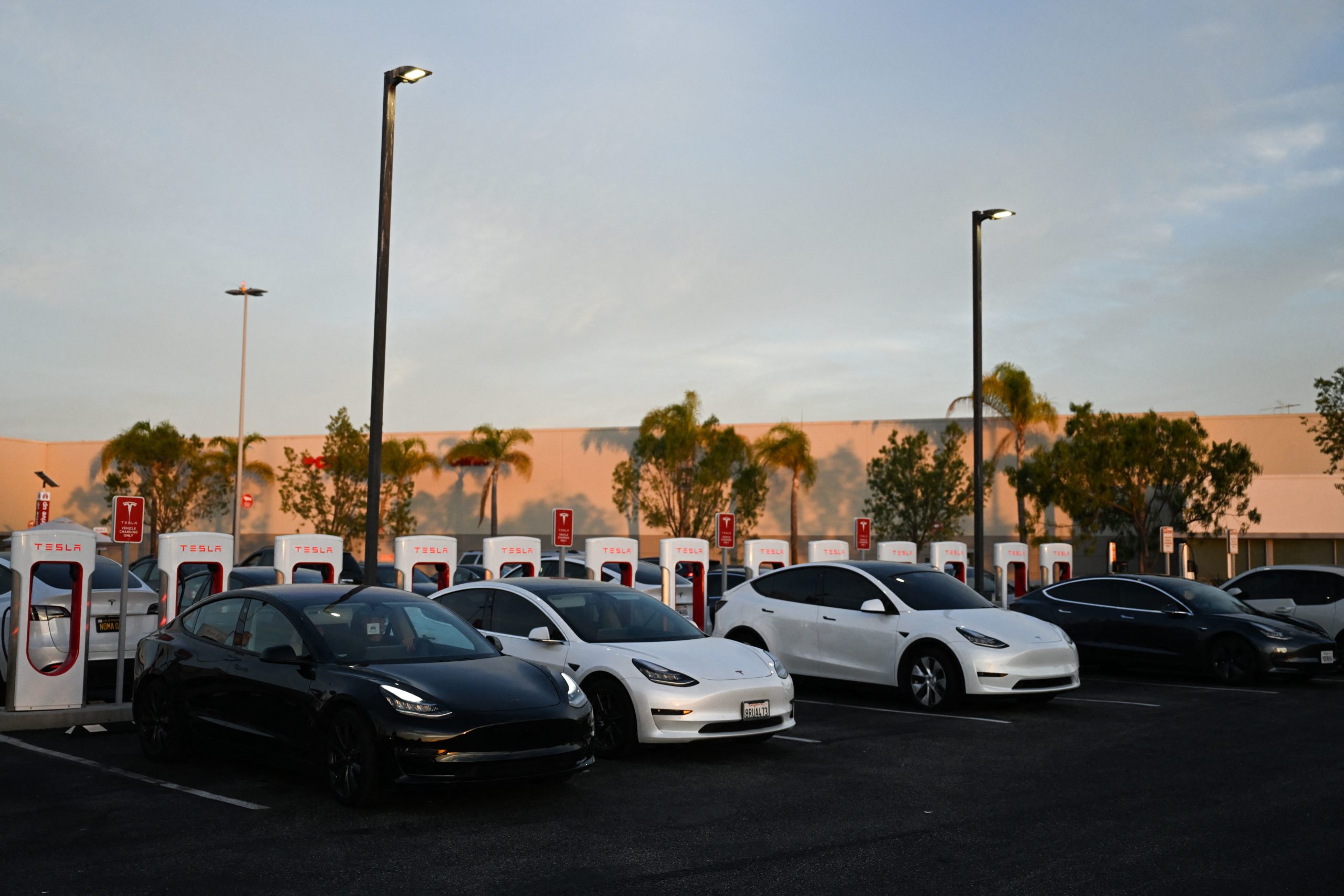Tesla wants to build a lithium refinery on Texas’ gulf coast in order to more easily supply a key component for its electric car batteries. But the company told the state it would need local tax breaks to do so, Reuters reported.
Such a facility would be “the first of its kind in North America,” Tesla said in its application filed with the Texas Comptroller’s Office on Aug. 22.
The factory, which would be built in the vicinity of Robstown, near Corpus Christi, would process “raw ore material into a usable state for battery production,” the company said.
In Tesla CEO Elon Musk’s view, it’s a necessity — and a lucrative opportunity — for more companies to enter the lithium refining industry.
“I’d like to once again urge entrepreneurs to enter the lithium refining business. The mining is relatively easy, the refining is much harder,” Musk said during Tesla’s second-quarter earnings call in July, Bloomberg reported.
“You can’t lose. It’s a license to print money,” Musk added.
But the company said its decision to build a refinery of its own will be partially based on whether Texas will grant relief on local property taxes, according to Reuters.
For Tesla, this is all part of the larger effort to create a “sustainable product line” for its electric vehicles.
“Tesla, Inc. is evaluating the possible development of a battery-grade lithium hydroxide refining facility, the first of its kind in North America, as well as facilities to support other types of battery materials processing, refining and manufacturing and ancillary manufacturing operations in support of Tesla’s sustainable product line,” the company said in its application to the Texas Comptroller’s Office.
The refinery would produce lithium hydroxide, which would then be “packaged and shipped by truck and rail to various Tesla battery manufacturing sites supporting the necessary supply chain for large-scale and electric vehicle batteries,” it said.
Tesla’s application described this effort as “innovative and designed to consume less hazardous reagents and create usable by-products compared to the conventional process.”
If Texas decides to give the company the tax breaks it is requesting, construction of the refinery could begin as early as this year, it said.
According to Tesla’s application, it would be ready for commercial production by the end of 2024.
Tesla is also not alone in seeking to build a lithium refinery and break into the lithium mining and production market.
Albemarle Corp., the world’s top lithium producer, plans to build a lithium processing facility in the southeastern U.S., Bloomberg reported.
Meanwhile, similar projects are underway in Germany and Australia.
China dominates the lithium refining market, with more than half of the global capacity to process raw, mined materials into chemicals used in EV batteries, according to Bloomberg.
In the face of that and the overall high demand for lithium, Tesla and other EV producers want to have more control by having mining efforts and refineries of their own.
“Car-makers are trying to ensure they have control over the supply of lithium, hedging for any geopolitical situation that might arise in future where the supply is disrupted,” Arpit Agarwal, director at venture capital firm Blume Ventures, which has backed EV startups such as Euler Motors and Yulu, told Reuters.
Meanwhile, Tesla is also positioned to gain more money from lowering its logistics costs and any breaks and incentives it may receive from the government.
Now the decision from Texas‘ Comptroller’s Office is the major factor in determining the direction of all these possible plans since much relies on whether Tesla will be able to build its proposed refinery or not.
This article appeared originally on The Western Journal.

























 Continue with Google
Continue with Google